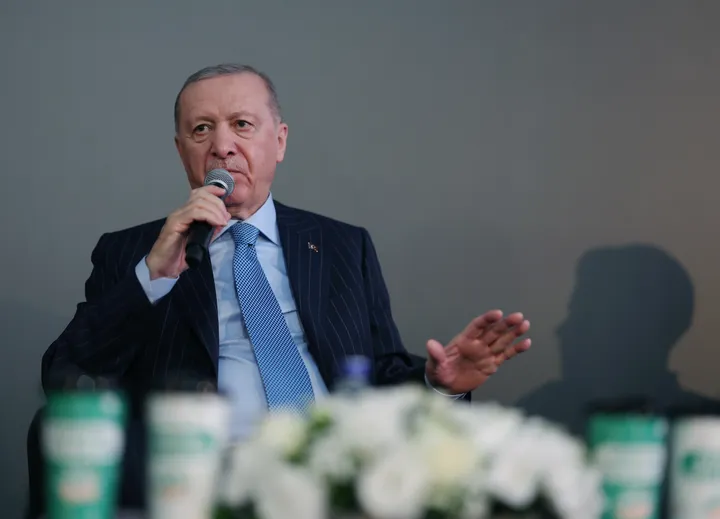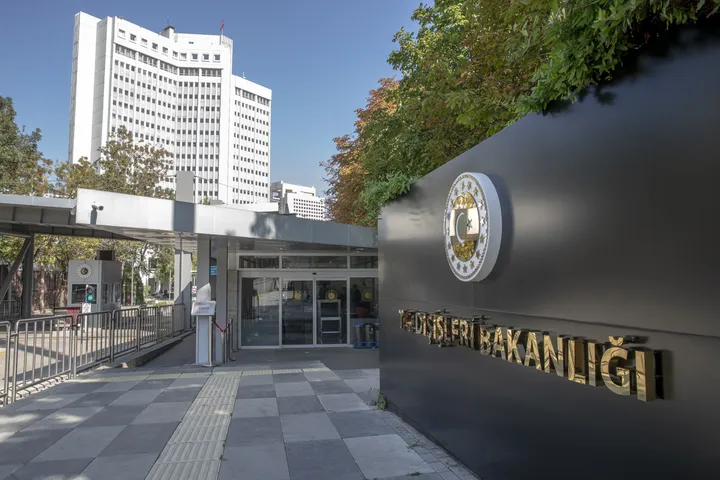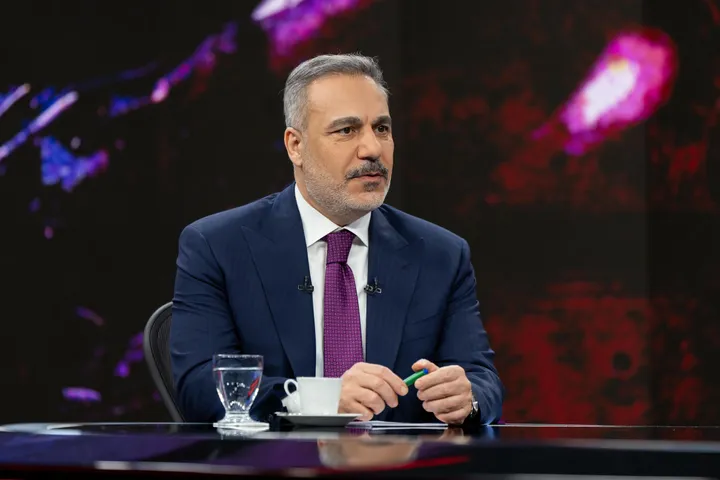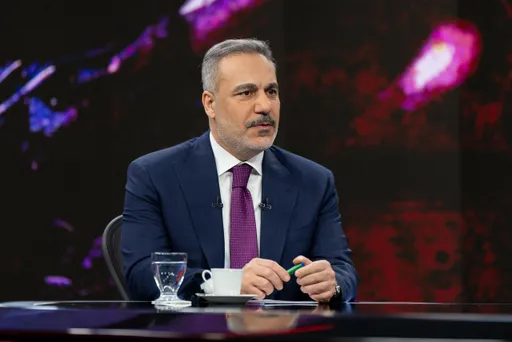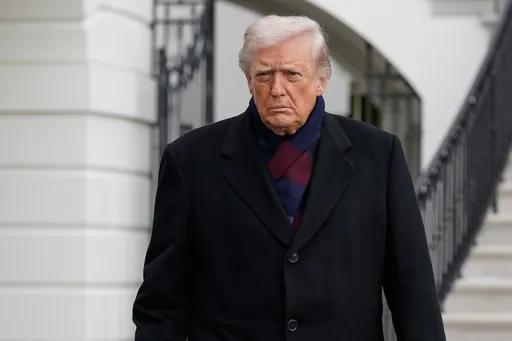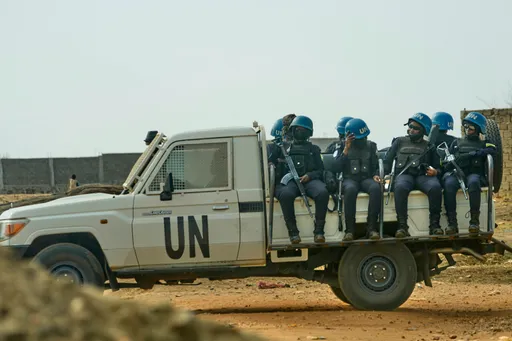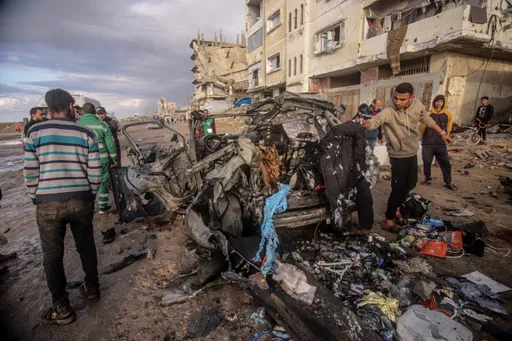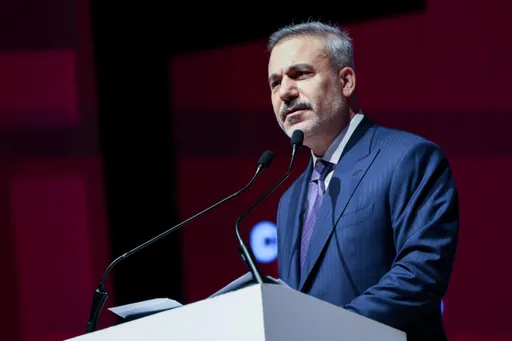Türkiye’s rise in political, economic, technological, military, demographic, and diplomatic terms in the past two decades is a fact. The numbers are there for anyone to see to measure Türkiye’s overall progress between 2002 and 2023, but the leap is not limited to quantitative change.
Türkiye also achieved qualitative progress as well in the said period; numbers are not the only things that grew over the years. Türkiye developed novel capabilities.
For instance, Türkiye not only increased its defence and aviation exports from $248 million in 2002 to over $4 billion in 2022 but also achieved a new status as a country that is capable of developing and exporting advanced indigenous unmanned aerial vehicles (UAVs) as well as unmanned combat aerial vehicles (UCAVs). In 2002, it was wholly dependent on imported UAVs in its counter-terrorism missions.
In democratic terms, too, Türkiye achieved a great deal between 2002 and 2023, despite the allegations of “democratic backsliding” and “growing authoritarianism” featuring in almost all prominent media and opinion outlets in the developed world.
No one can claim that Turkish democracy is flawless. No democracy is. But it is safe to claim that the democratic standards and maturity between 2002 and 2023 are much higher than in any other period in Türkiye’s republican history.
The measure for the health and maturity of a democracy might vary among countries as they all have different conditions ranging from socio-economic development, culture, geography, and so on.
But the measure of maturity for Türkiye’s democracy is clear from the extent of the civilian space’s freedom from military intervention and tutelage.
Like the measure of maturity, the main challenges to democratic progress, too vary among countries.
And the main challenge for Türkiye’s democracy was the omnipresence of either an actual military coup –exemplified by the coups in 1960, 1971, 1980, and even 1997- or the threat of an imminent military coup or intervention such as the 2007 ultimatum, better known as the “e-memorandum” by Turkish generals.
Before 2002, all civilian governments had to yield to coups or other sorts of military interventions. The first time a civilian government repelled a threat of military intervention in Türkiye was in 2007, and the second was on July 15, 2016.
The only two examples of civilian resistance and actual success in repelling attempted coups occurred in 2002-23.
Whatever the quality of Turkish democracy has been since 2002, it is far better than anything Türkiye has ever experienced. The progress and achievement are the results of a costly and decisive struggle of the nation’s will against the forces of instability.
And Turkish President Recep Tayyip Erdogan deserves credit as the leader of this long struggle with his resolve, decisiveness, and ability to mobilise the nation’s will for a more democratic and prosperous country, free of the interventions and disruptions of undemocratic forces within.
However, Türkiye’s achievement and democratic maturity do not only fare well in comparison to its relatively poor standards in the past but also in comparison to advanced democracies. No other advanced democracy has ever been subject to what Türkiye has been in the past two decades.
Given the destabilising and undermining impact of a single major terror attack, an economic crisis, proximity to a conventional war etc., on the health of any democracy, Türkiye’s resilience and resolve to stick to democracy and the rule of law in the face of much greater crises attest to its success and performance.
Again, this success would arguably not be possible without the leadership of Recep Tayyip Erdogan. At times of crisis, chaos, and uncertainty, people and masses search for a sense of control and certainty. In every single crisis, domestic or global, Türkiye has faced in the past two decades, Erdogan gave a sense of calm, control, and direction to the masses and took bold initiatives to overcome those crises.
When Erdogan and the civilian will he led faced a dead end domestically, he always invoked his biggest strength: the ballot box. By not shying away from but facing head-on crises and obstacles, Erdogan gradually but steadily increased and consolidated its popular support at home in the past two decades.
To the extent that Recep Tayyip Erdogan managed to contain the disruptive and undemocratic forces to civilian rule at home, he could channel Türkiye’s national potential and attention to build a higher and stronger status internationally with people’s strong support.
The strong popular support he enjoyed was the source of Erdogan’s bold decisions and initiatives during global crises such as the Covid-19 pandemic and the war in Ukraine.
Similar to his normal reaction to domestic crises, instead of looking the other way, Erdogan chose to face international challenges, too, at the expense of straining Türkiye’s ties, especially with its Western allies, on issues of Türkiye’s core national interests.
There is no achievement without a fight or struggle for anyone, and Recep Tayyip Erdogan heeded this accordingly, and the Turkish people kept rewarding him for 21 years.
Disclaimer: The viewpoints expressed by the authors do not necessarily reflect the opinions, viewpoints and editorial policies of TRT World.

